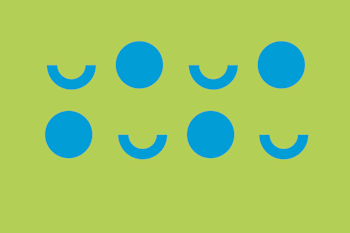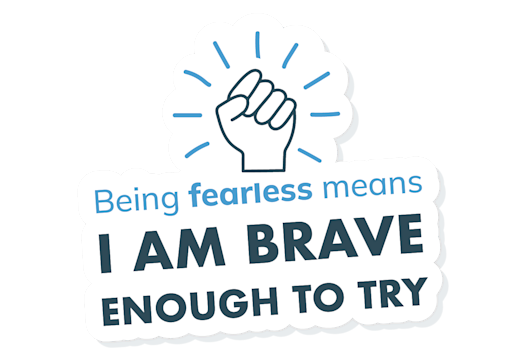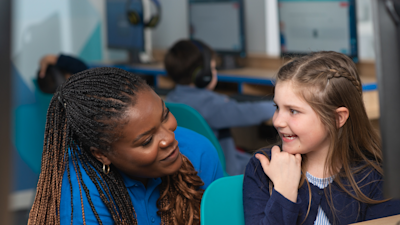Support for learners with dyslexia and dyscalculia

No two children are the same
We all know that every child is unique but it’s particularly important to remember this when children are identified as having a learning difference.
Dyslexia and dyscalculia are specific learning needs affecting only a particular part of a child’s learning ability. The degree of difficulty that one child experiences with learning an English or maths concept will be very different to another child’s experience. No two children with dyslexia or dyscalculia have the same needs.
Understanding the needs of children with dyslexia
Children with dyslexia can have challenges with:
phonological processing
rapid naming
working memory
sequencing
Dyslexia affects the brain and how it processes and stores information, in comparison to someone who does not have dyslexia. A main difference is the strength to make good links between sounds and symbols meaning the brain will find it hard to carry these activities out automatically.
Children may also use a different sound for a letter or the incorrect letter for the sound, easily done in a complex language such as English, as they don’t have that automatic link between the sound and symbol stored in their brains.
It’s important to recognise that these differences are not an indication of someone’s intelligence. Studies show people with dyslexia can have greater than average strengths in creative thinking, as well as practical and problem-solving skills.
Understanding the needs of children with dyscalculia
Children with dyscalculia can have challenges with:
mathematical understanding
applying maths concepts
spatial awareness
a sense of time and measurement
In a similar way to dyslexia, dyscalculia affects the brain and how it processes and stores information. Effective mathematical processing relies on communication between different regions of the brain.
In children with dyscalculia, there may be delays in the connectivity between parts of the brain responsible for numerical cognition, understanding quantities and making connections between abstract symbols e.g. a number and a set of physical items.
Tailored support for children with dyslexia and dyscalculia
At Explore Learning, we have been leading the way in individualised learning since 2001. Whilst we are not SEN specialists, our individual approach and inclusive environment has proved highly successful with 4-16 year olds experiencing a wide range of needs.
We have deliberately created a curriculum that allows children to follow a tailored pathway through their learning. It's called an adaptive curriculum which means each child is presented with the things they need to know, when they need to know them in reaction to their previous responses.
A curriculum for all
We designed our curriculum with a wide range of learning needs in mind. Activities have full audio support, text-size can easily be adjusted, different coloured overlays can be applied and sections of the screen can be masked out to allow children to focus on one sentence at a time. Most importantly, your child is working on material that matches their ability and can work through it at a pace that suits them. No other child is aware of what they are doing or the level they are working at.

Dedicated tutors
Our tutors work with your child as an individual. They adapt their teaching style to meet your child's needs. Explore Learning tutors are the ultimate cheerleaders. They are patient, kind and celebrate each child's successes whilst instilling positive learning habits.
SEN tuition from £19 per session
Personalised maths and English tuition
Over 1000 5 ★ reviews on Trust Pilot
20 years of success
Online or centre tuition
Over 1000 5 ★ reviews on Trust Pilot
20 years of success
Online or centre tuition
Over 1000 5 ★ reviews on Trust Pilot
20 years of success
Online or centre tuition






